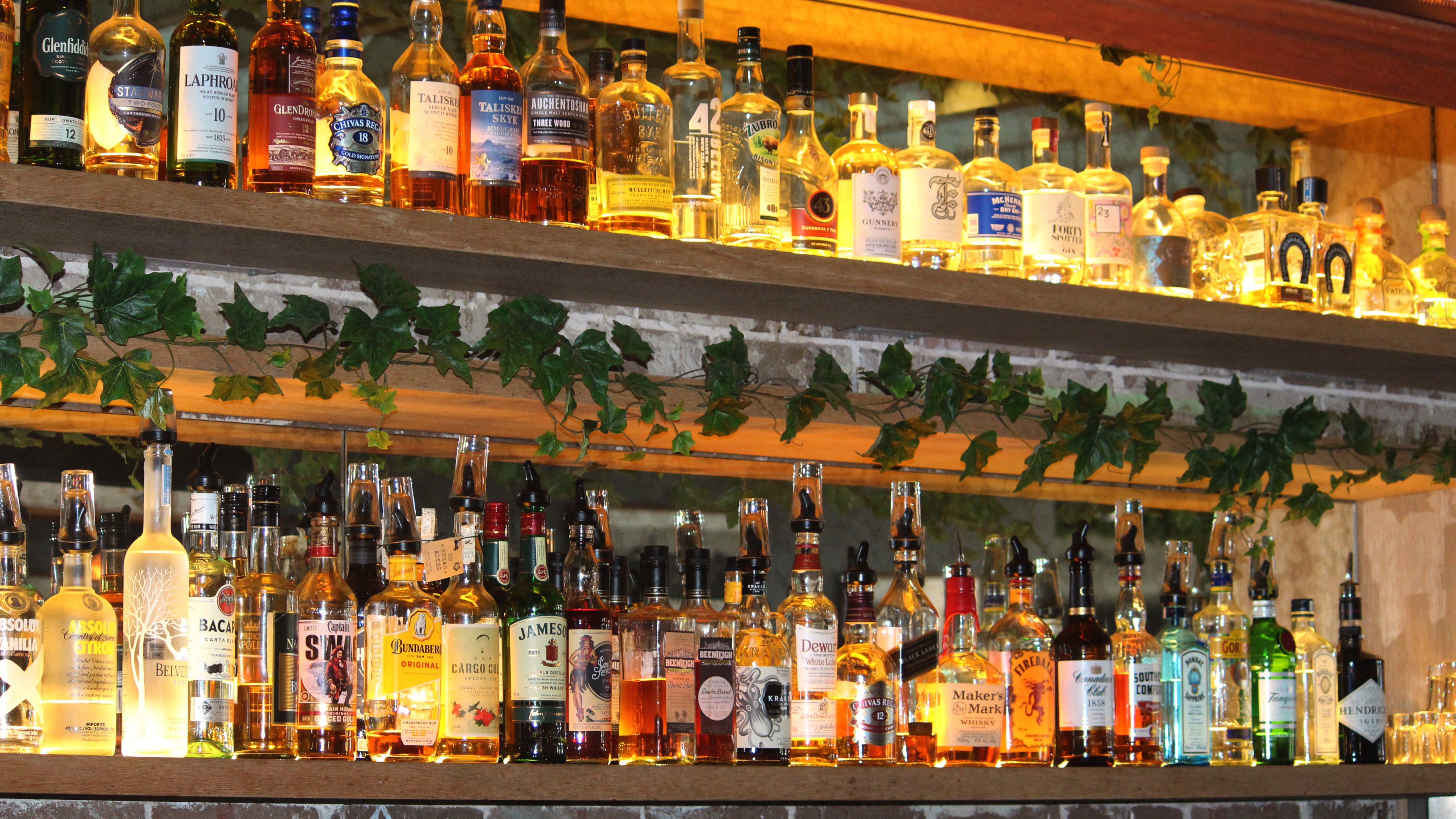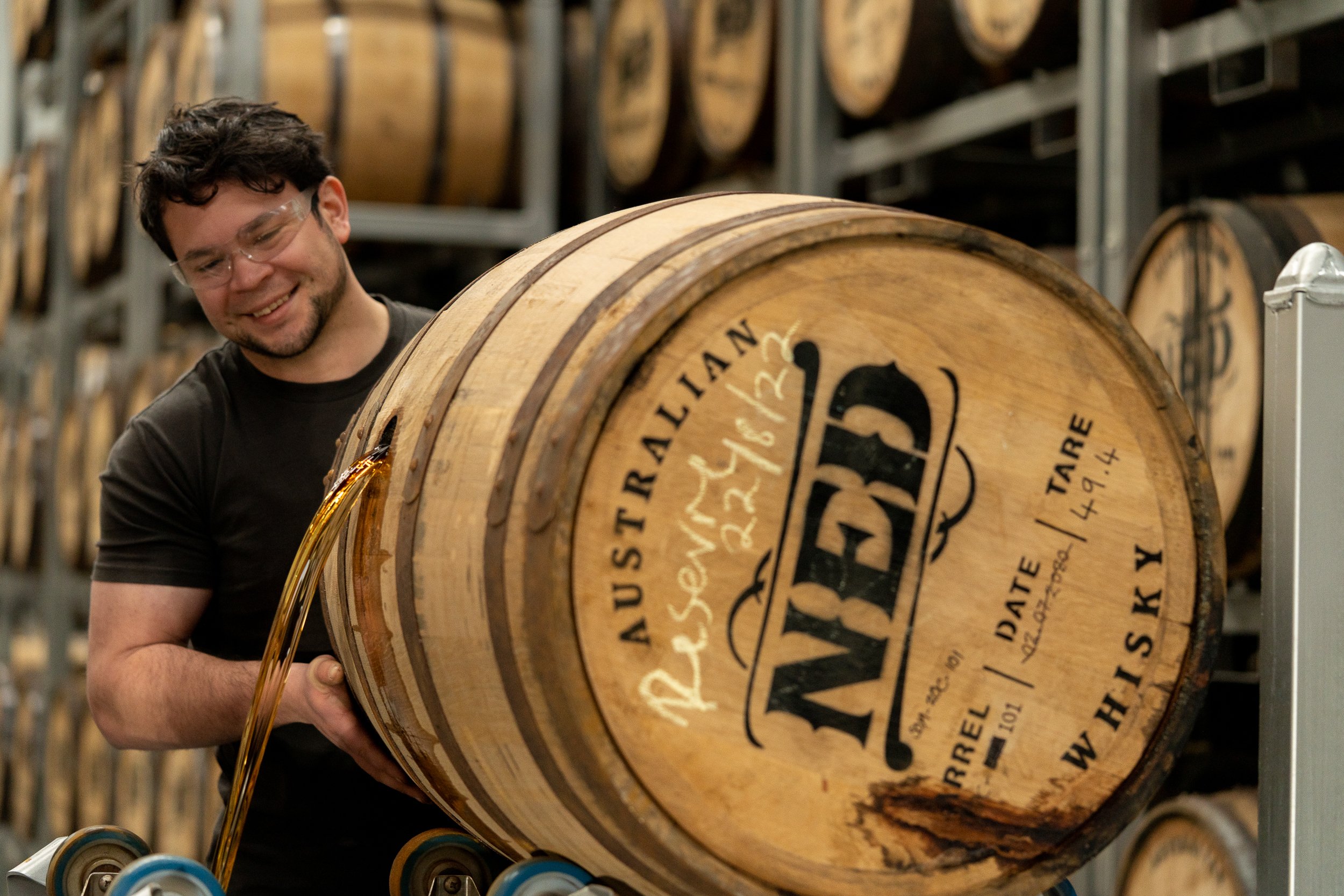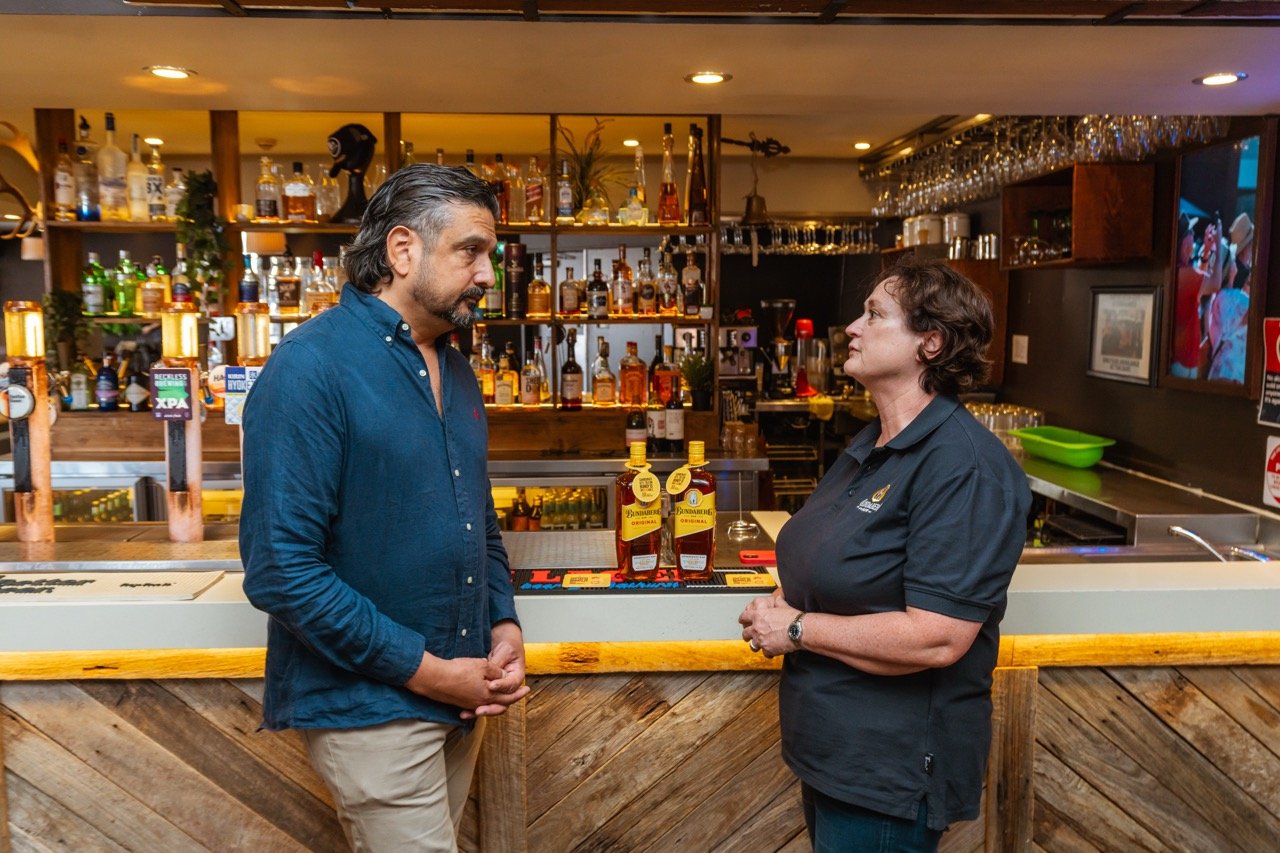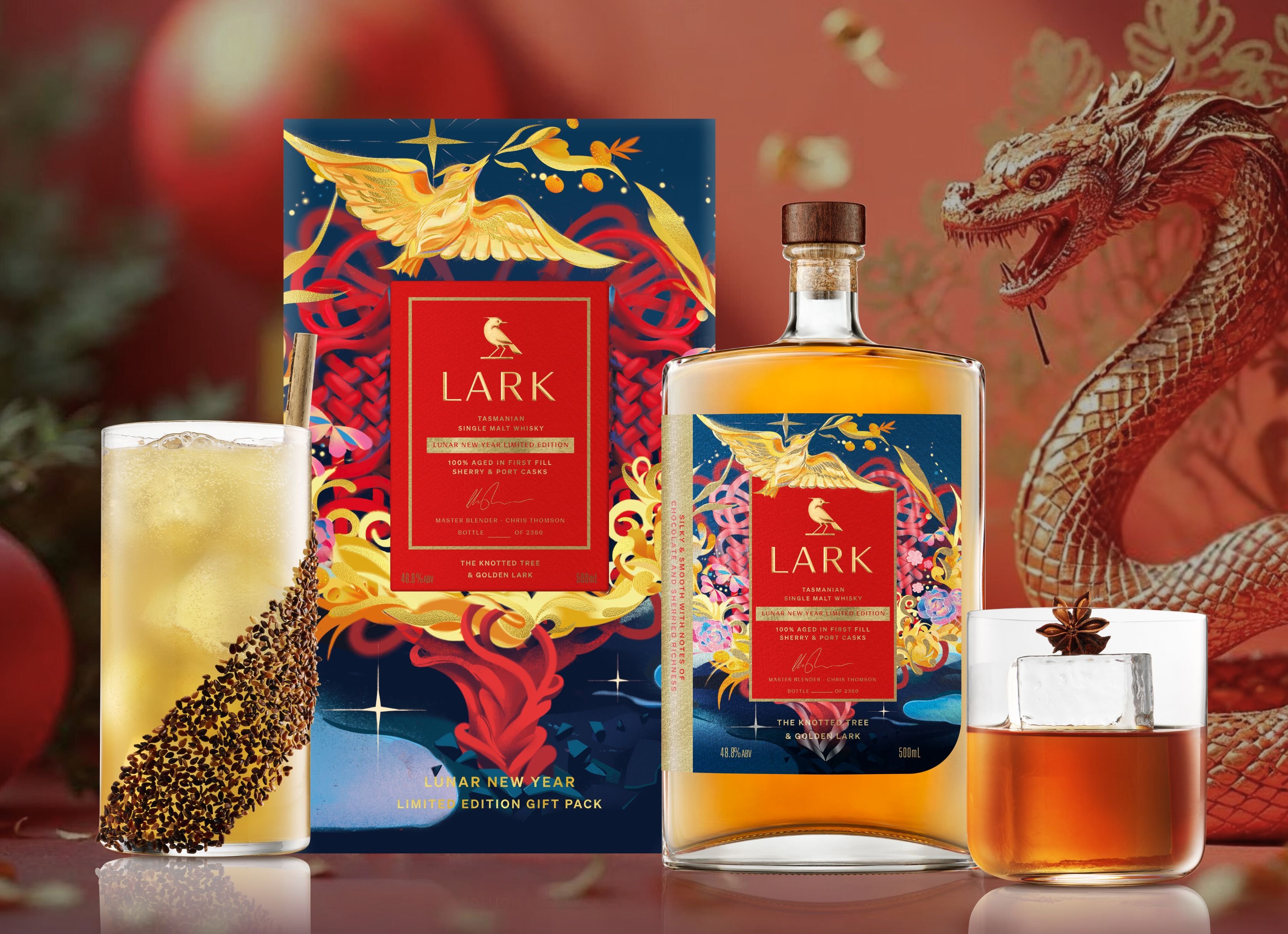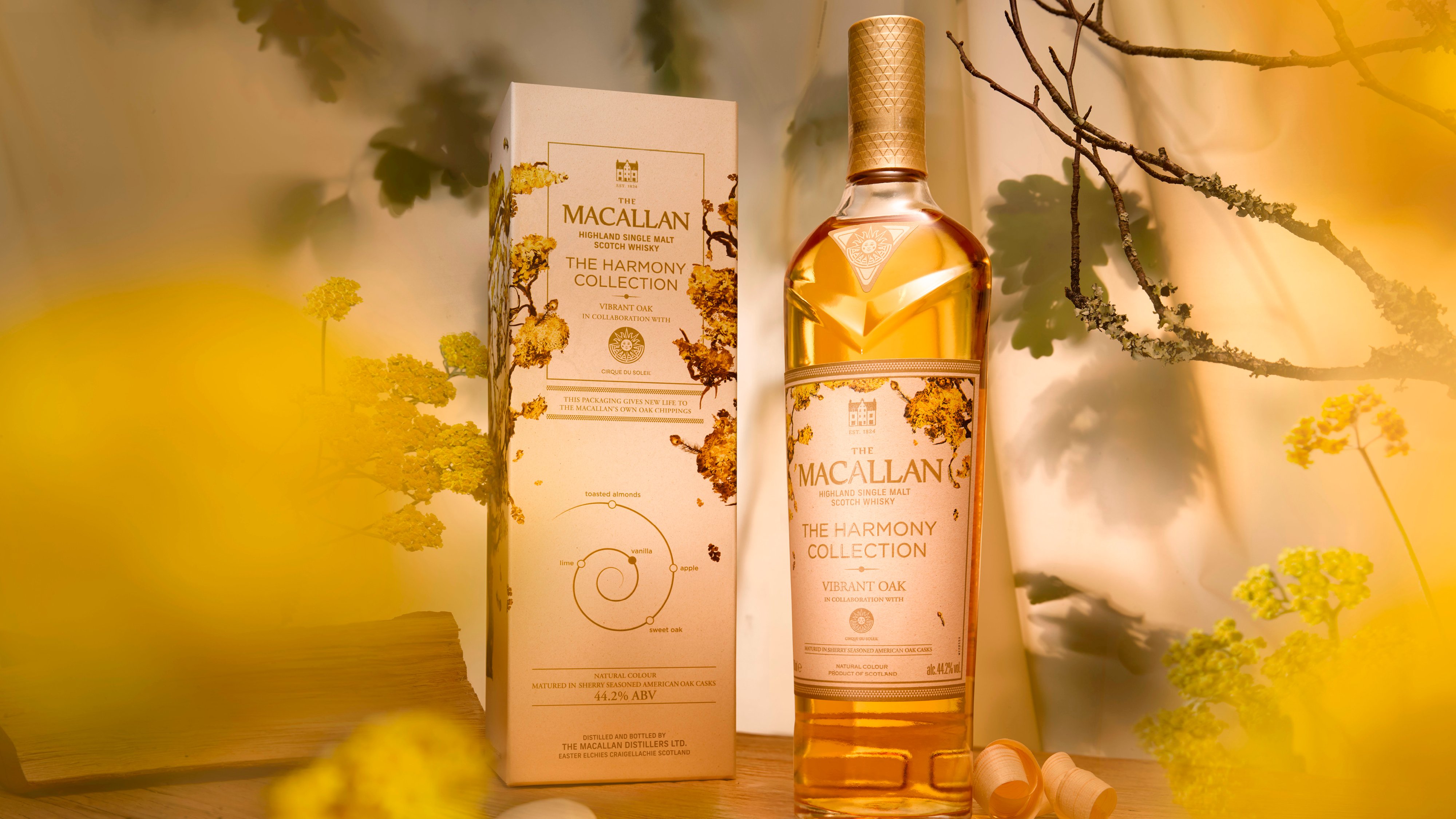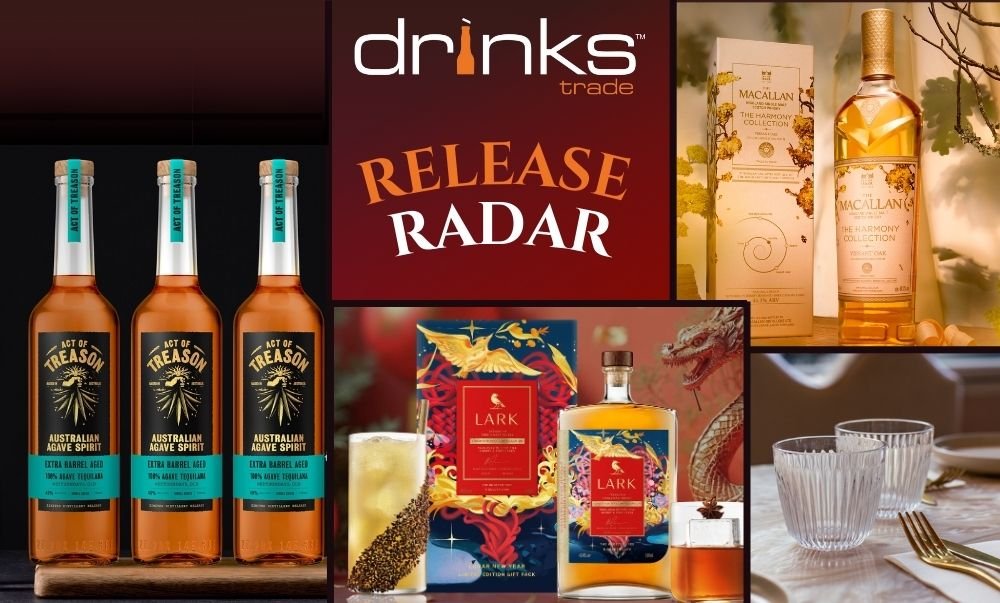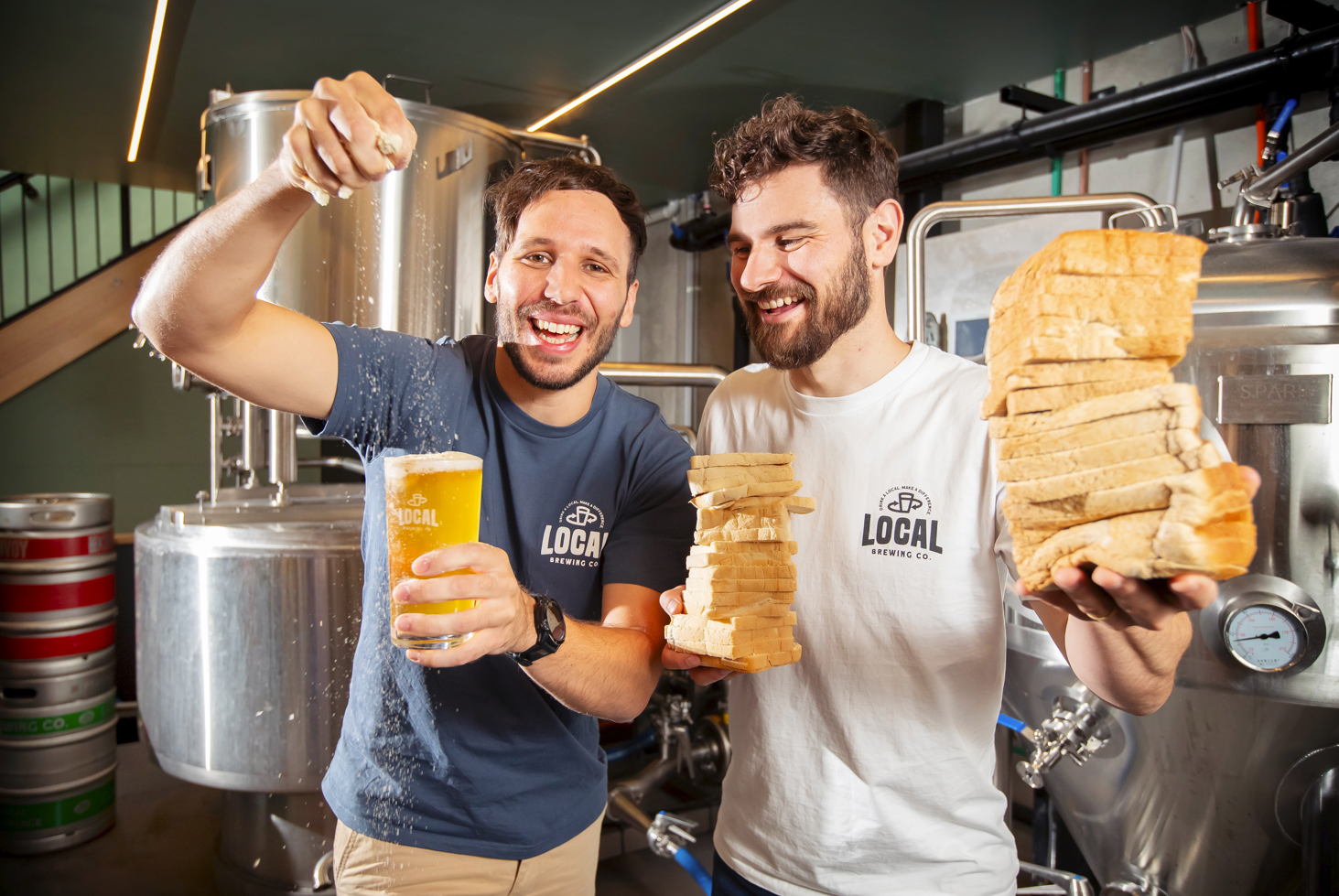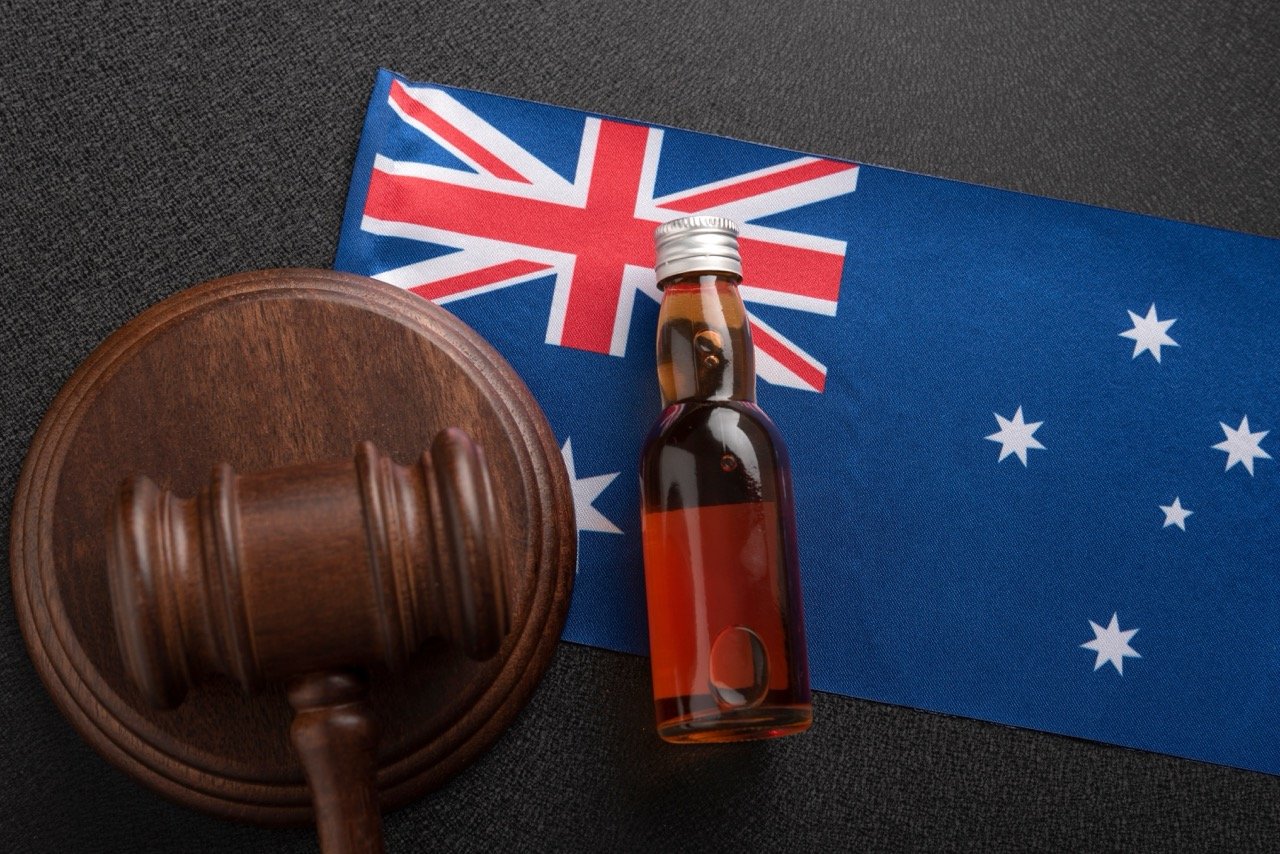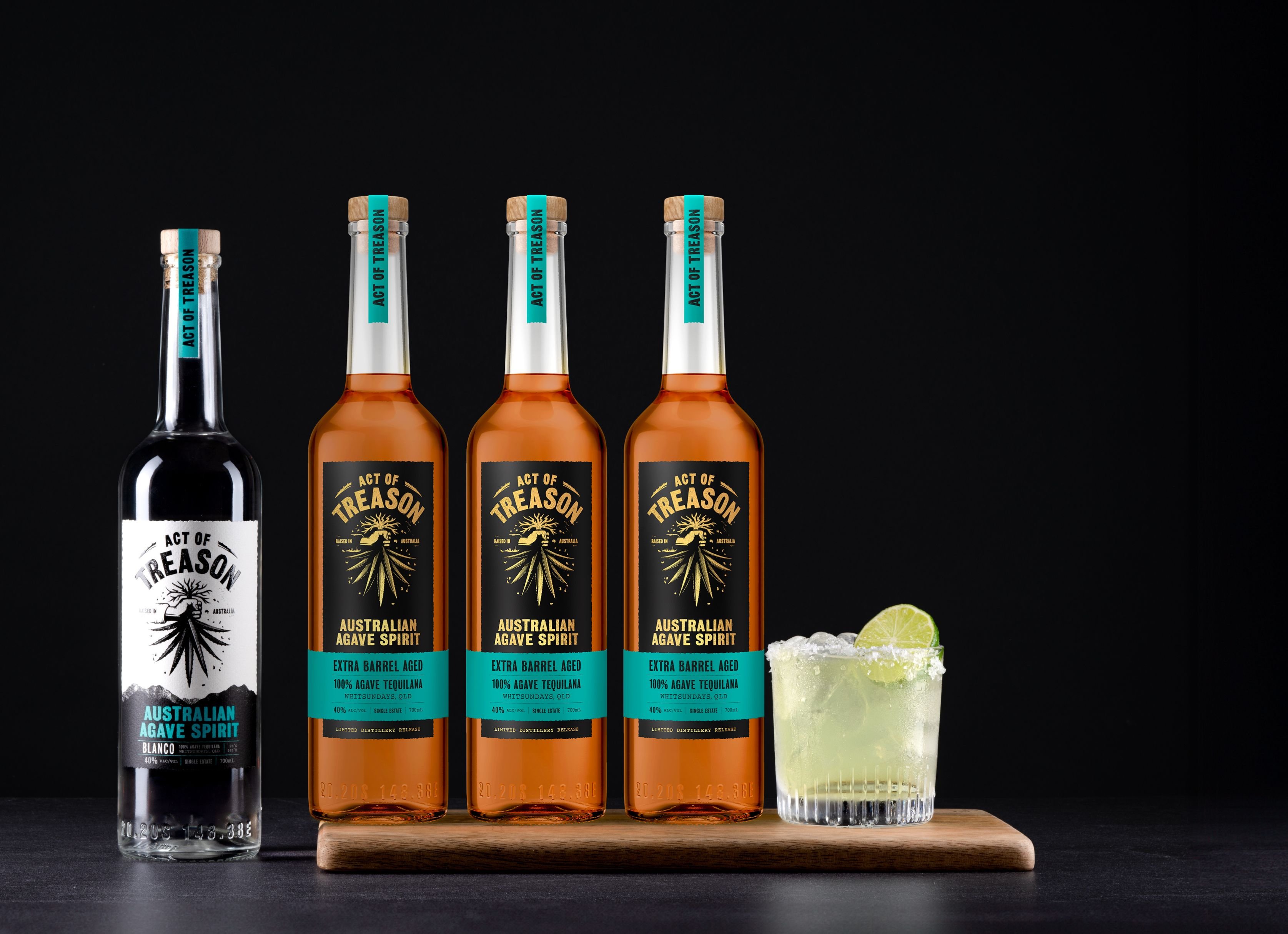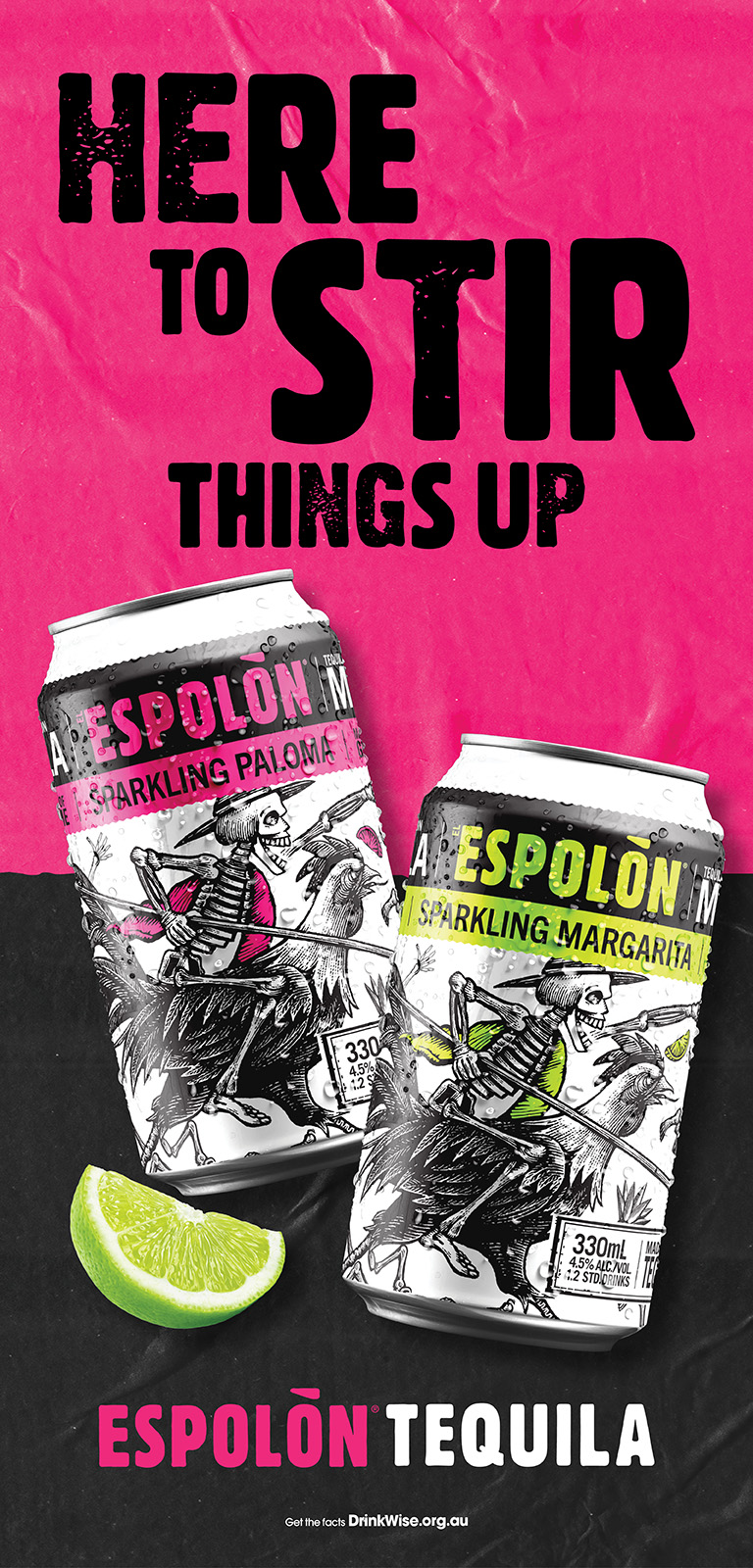From next Monday 5 August, Australia’s spirits industry will be forced to pay $103.89 per litre of pure alcohol. This marks the 75th spirits tax hike since automatic indexation was introduced by Keating in 1983.
Currently, taxation of both spirits and beer in Australia is increased twice yearly in line with ABS inflation every February and August. According to the ABS, the Consumer Price Index rose 3.8% over the year to June 2023. Michelle Marquardt, Head of Prices Statistics at the ABS, said “the annual rise of 3.8% for the June quarter is up from 3.6% in the March quarter. This is the first increase in annual CPI inflation since the December 2022 quarter.”
In a media statement released yesterday, Treasurer Jim Chalmers said that, “while headline inflation is proving sticky and stubborn, and is more persistent than we would like, it is less than half its peak and much lower than the 6.1% we inherited at the time of the election.”
On Monday, Australia's spirits excise tax will increase by $2.04. Representatives of Australia’s leading spirits industry bodies have expressed their concern that the ongoing biannual increases will prove unsustainable for Australia’s spirits industry, which already pays the third highest spirits tax globally. Australia’s spirits bodies also maintain that the current biannual tax hikes directly violate the original intentions of Paul Keating, who said “the new system will afford a greater degree of stability for consumers and industry alike.”
According to Greg Holland, Chief Executive of Spirits & Cocktails Australia, “automatic indexation was introduced to suit the economic conditions of the day. It was never intended to continue indefinitely.
“Far from rising ‘gradually’, as Mr Keating intended, spirits tax has now increased by almost 20% in the last four years… Far from providing ‘stability’, the Australian spirits industry is now suffering from an extremely unstable investment environment, thanks to these tax hikes every six months.”
Paul McLeay, Chief Executive of the Australian Distillers Association, added that “there were only two distilleries in Australia when these six-monthly tax hikes began in 1983… Today there are 700 distilleries and we want to work with the Federal Government to build a major export industry that Australians can be proud of, just like our globally renowned wine industry.”
Paul McLeay also called on the Federal Government to consider a stance made by the Treasurer towards the start of July in an address concerning the Future Made in Australia Bill 2024.
In the speech, Jim Chalmers said “Australia has been dealt the most incredible set of cards to make ourselves the primary beneficiaries of the net zero economy. We have a unique combination of geological, meteorological, geographical and geopolitical comparative advantages – And we know it would be an egregious breach of our generational responsibilities as a government if we didn’t play this winning hand.”
In response, McLeay said, “the Treasurer was speaking in relation to the Government’s domestic manufacturing agenda, and in the case of spirits, his words certainly ring true… We have unrivalled access to base ingredients like grains, sugarcane and grapes, rare native botanicals for gins and liqueurs, and an incredible inventory of wine barrels for maturing dark spirits.
“It would be a terrible shame if this enviable opportunity was squandered by continued Government inaction on spirits tax.”
Drinks Trade recently asked Amanda Lampe, Chair of Bundaberg Distilling Company, about what messaging she would like to express to government in relation to the ongoing biannual spirits tax excise.
“I guess what we would say to the current government is [that] they didn’t create this tax right,” she said.
“This tax has been in place for 40 years but I guess what we’re asking them to do is not kick it down the road again like other governments but to be different/do something different and tackle the problem.”
Paul McLeay added, “we are calling for spirits tax to be frozen at its current rate for two years. This would have a comparatively modest budgetary impact in the context of the Government’s domestic manufacturing agenda.
“This would provide the stability for a broader review of spirits excise settings, so we can create the right conditions to attract capital investment, scale up manufacturing capabilities and grow exports.”
Share the content
